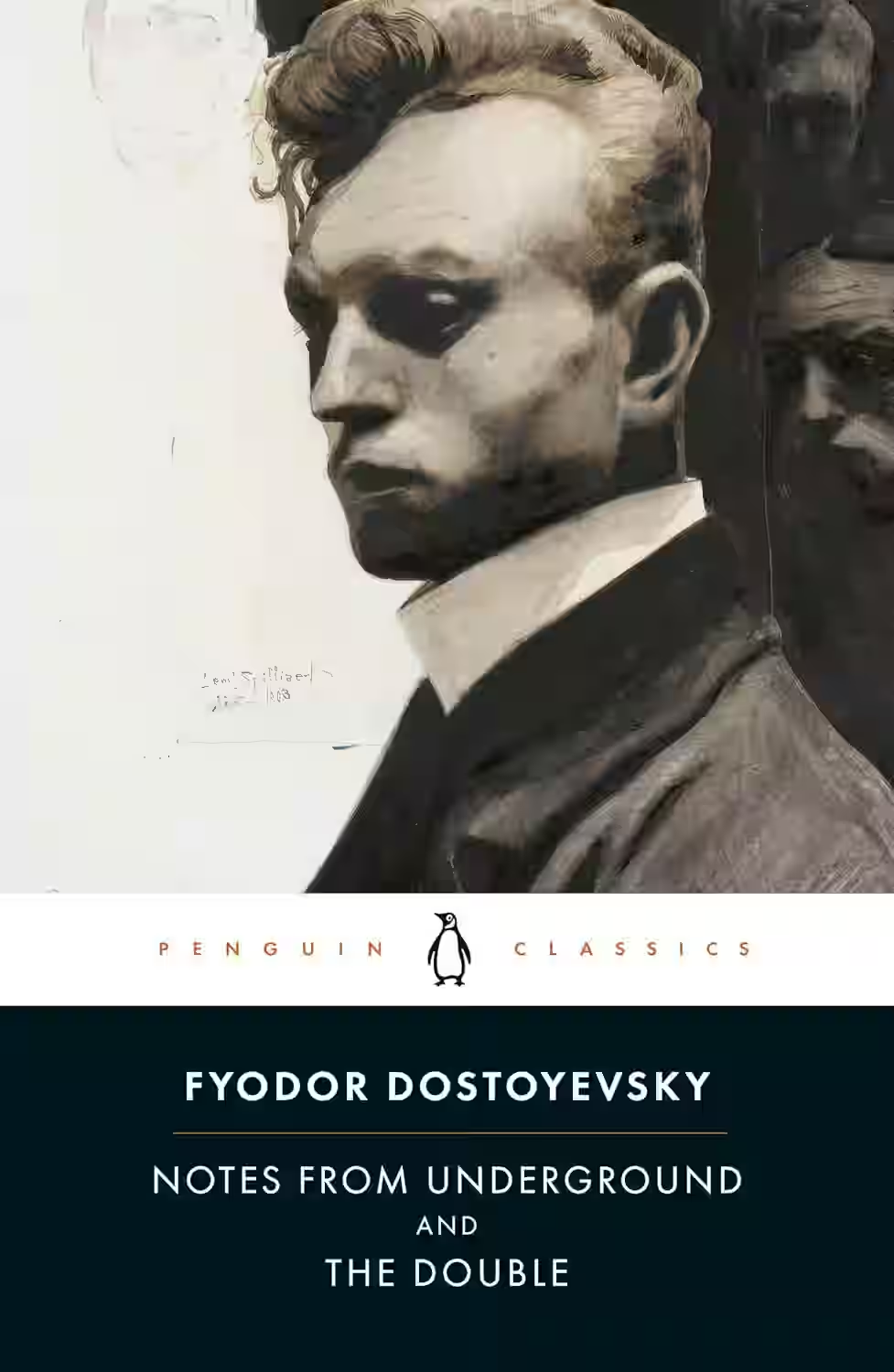
Fyodor Dostoevsky’s 'Notes from Underground' is a profound exploration of the human psyche through the eyes of its bitter and introverted narrator, a retired official who chooses to isolate himself from society. Set in 19th-century St. Petersburg, this seminal work splits into two parts: the narrator's philosophical monologue critiquing the rationalist approach to life and society, followed by his complex interactions and sometimes anger-fueled alienation from others. This novella digs deep into themes of free will, existentialism, and the contradiction inherent in human nature, paving the way for existentialist thought. Dostoevsky crafts an unsettling, yet introspective narrative that resonates deeply with readers confronting the paradoxes and irrationalities of the human condition.
About Fyodor Dostoevsky
A towering figure in Russian literature, Fyodor Dostoevsky explored profound philosophical and psychological themes in his novels, such as Crime and Punishment and The Brothers Karamazov. His works delve into the complexities of human morality, faith, guilt, and redemption with intense psychological depth and compelling characters grappling with existential questions. Dostoevsky's profound insights into the human condition have had a lasting impact on literature and philosophy.
Other Books by Fyodor Dostoevsky
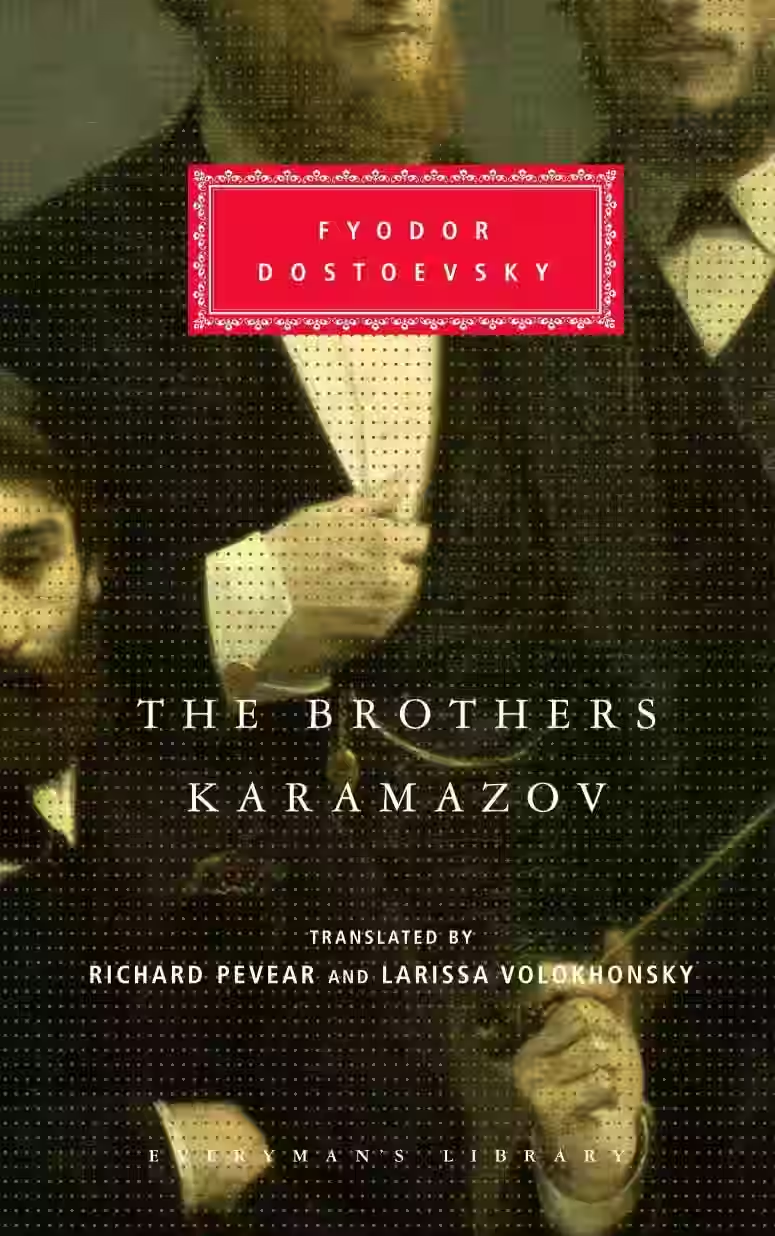
The Brothers Karamazov
The murder of brutal landowner Fyodor Karamazov changes the lives of his sons irrevocably: Mitya, the sensualist, whose bitter rivalry with his father immediately places him under suspicion for parricide; Ivan, the intellectual, driven to breakdown; the spiritual Alyosha, who tries to heal the family's rifts; and the shadowy figure of their bastard half-brother, Smerdyakov. Dostoyevsky's dark masterwork evokes a world where the lines between innocence and corruption, good and evil, blur and everyone's faith in humanity is tested.
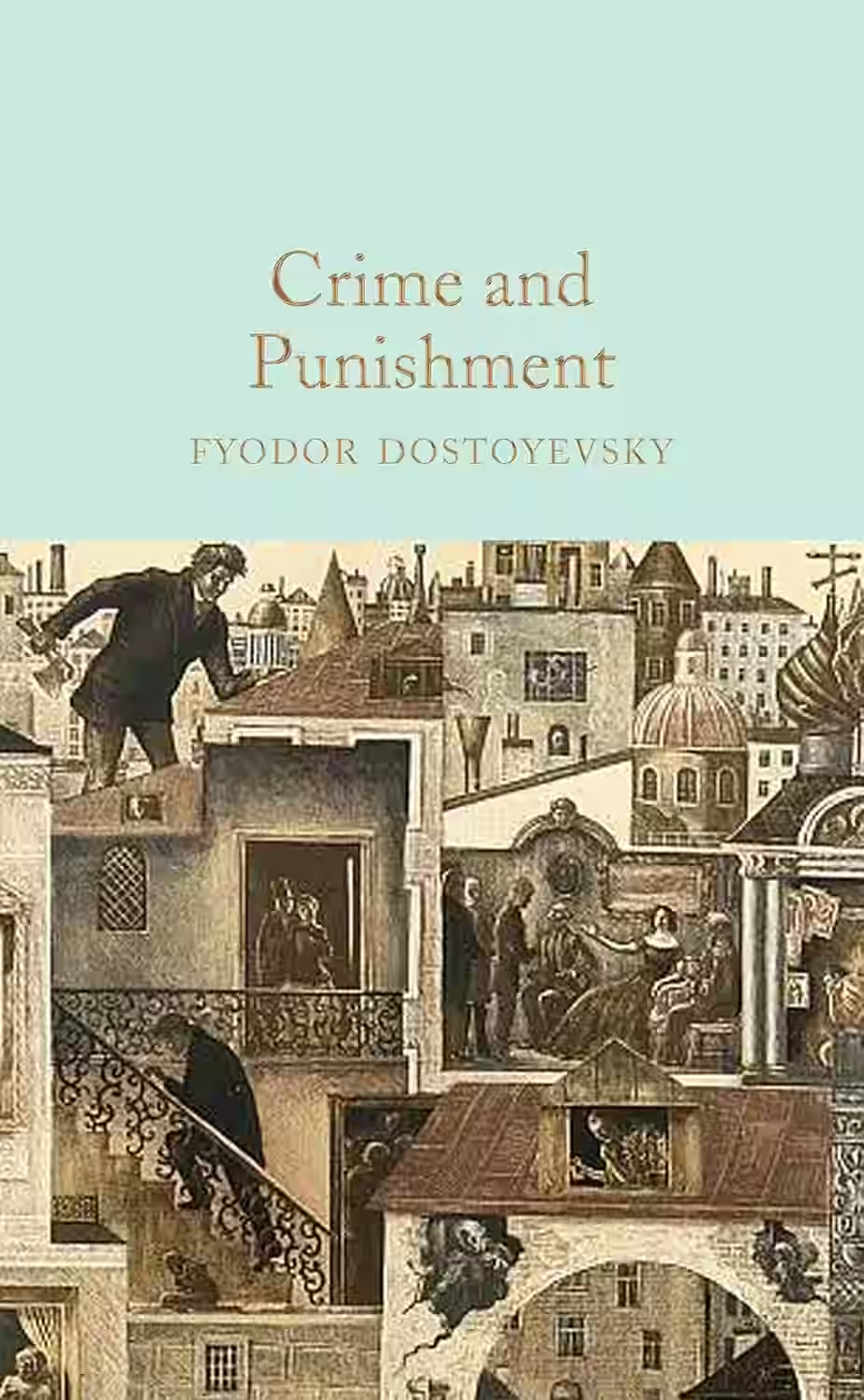
Crime and Punishment
Fyodor Dostoevsky’s Crime and Punishment is a psychological and philosophical novel that follows Raskolnikov, a destitute student in St. Petersburg who murders a pawnbroker. Haunted by guilt and moral conflict, he undergoes a mental and spiritual descent, questioning the nature of justice, free will, and redemption. The novel probes the consequences of rationalizing crime and challenges utilitarian ethics. With intense character study and existential depth, it remains a cornerstone of Russian literature and a profound meditation on conscience and punishment.
Similar Books

My Antonia
by Willa Cather
Told through the eyes of Jim Burden, My Ántonia recounts the life of Ántonia Shimerda, a spirited immigrant girl on the Nebraska frontier. Through vivid landscapes and deep characterizations, Cather celebrates pioneer life, hard work, and memory. The novel is a nostalgic tribute to the resilience of early settlers and the bond between people and place, filled with poetic prose and quiet power.
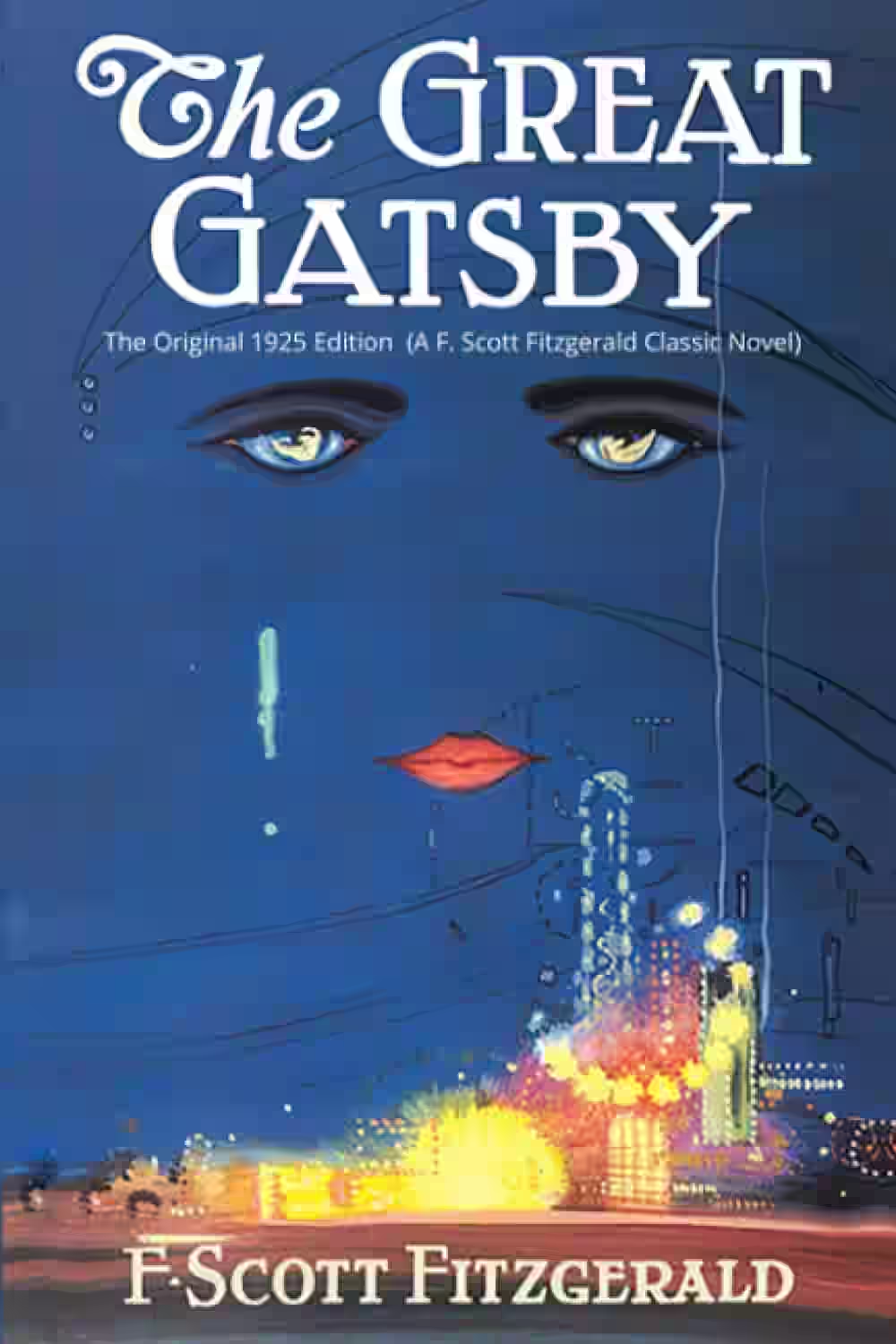
The Great Gatsby
Set in the decadent summer of 1922, this masterpiece follows mysterious millionaire Jay Gatsby's obsessive pursuit of his former love, Daisy Buchanan. Through the eyes of narrator Nick Carraway, the story unfolds in a world of lavish parties and empty morality, exploring themes of wealth, love, and the corruption of the American Dream. As Gatsby's facade crumbles, the novel reveals the hollow heart of the Jazz Age.
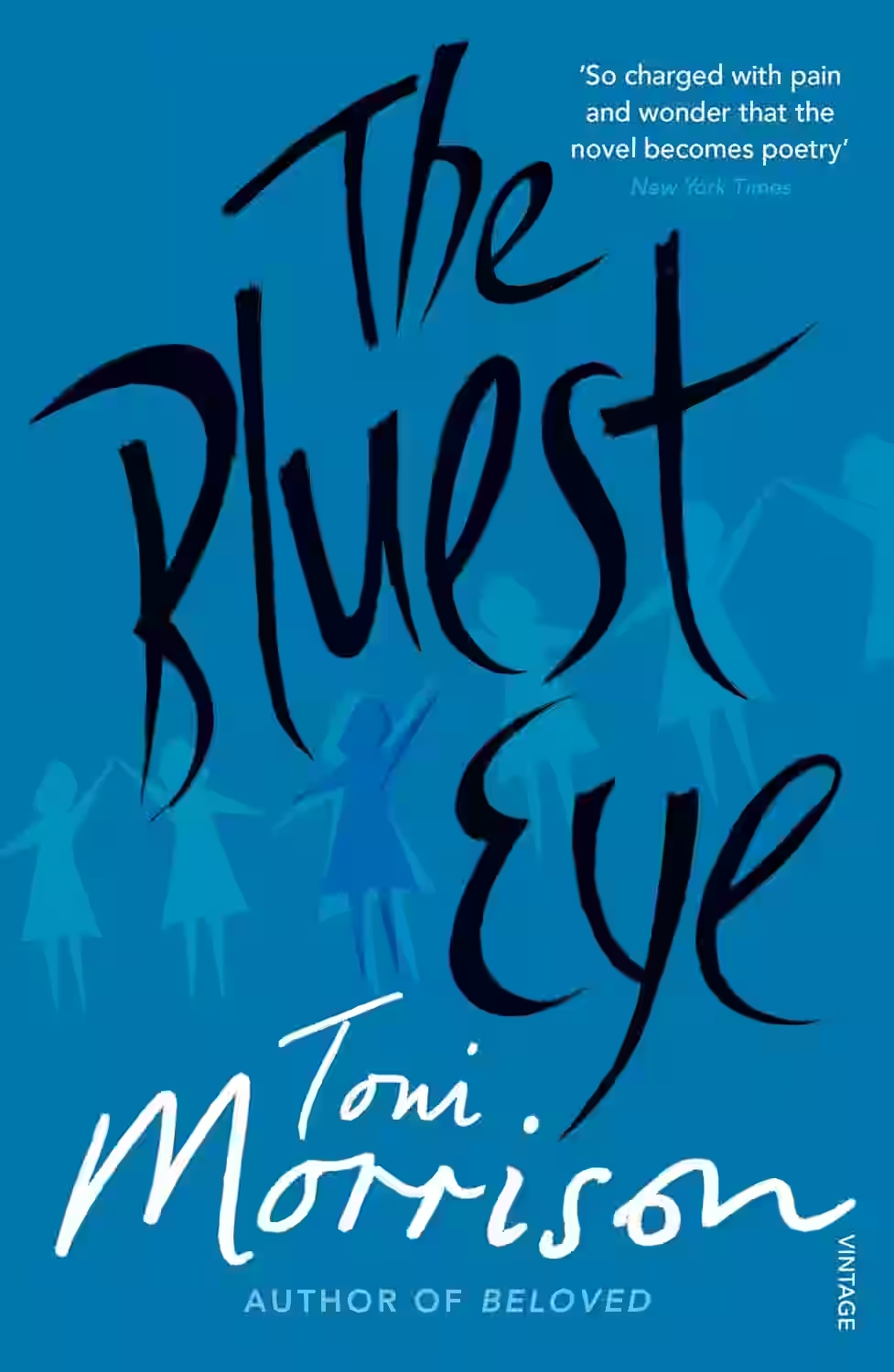
The Bluest Eye
Toni Morrison’s debut novel examines the destructive effects of racism and internalized self-hatred on a young Black girl in 1940s America. Pecola Breedlove longs for blue eyes, believing they would make her beautiful and worthy. Through shifting perspectives, the novel reveals the systemic abuse, trauma, and societal pressures that shape her world. Morrison’s lyrical and unflinching narrative critiques dominant beauty standards and racial injustice. Though brief, the novel is emotionally powerful and thematically profound, establishing Morrison as a leading voice in American literature.

Uncle Tom’s Cabin
A landmark anti-slavery novel, Uncle Tom’s Cabin tells the story of enslaved man Tom and the brutal realities of slavery in 19th-century America. With vivid characters and emotional power, it galvanized abolitionist movements and shaped public opinion like no other book of its time. Though controversial for its portrayals today, it remains a pivotal work in American literature and history, sparking empathy and national debate.